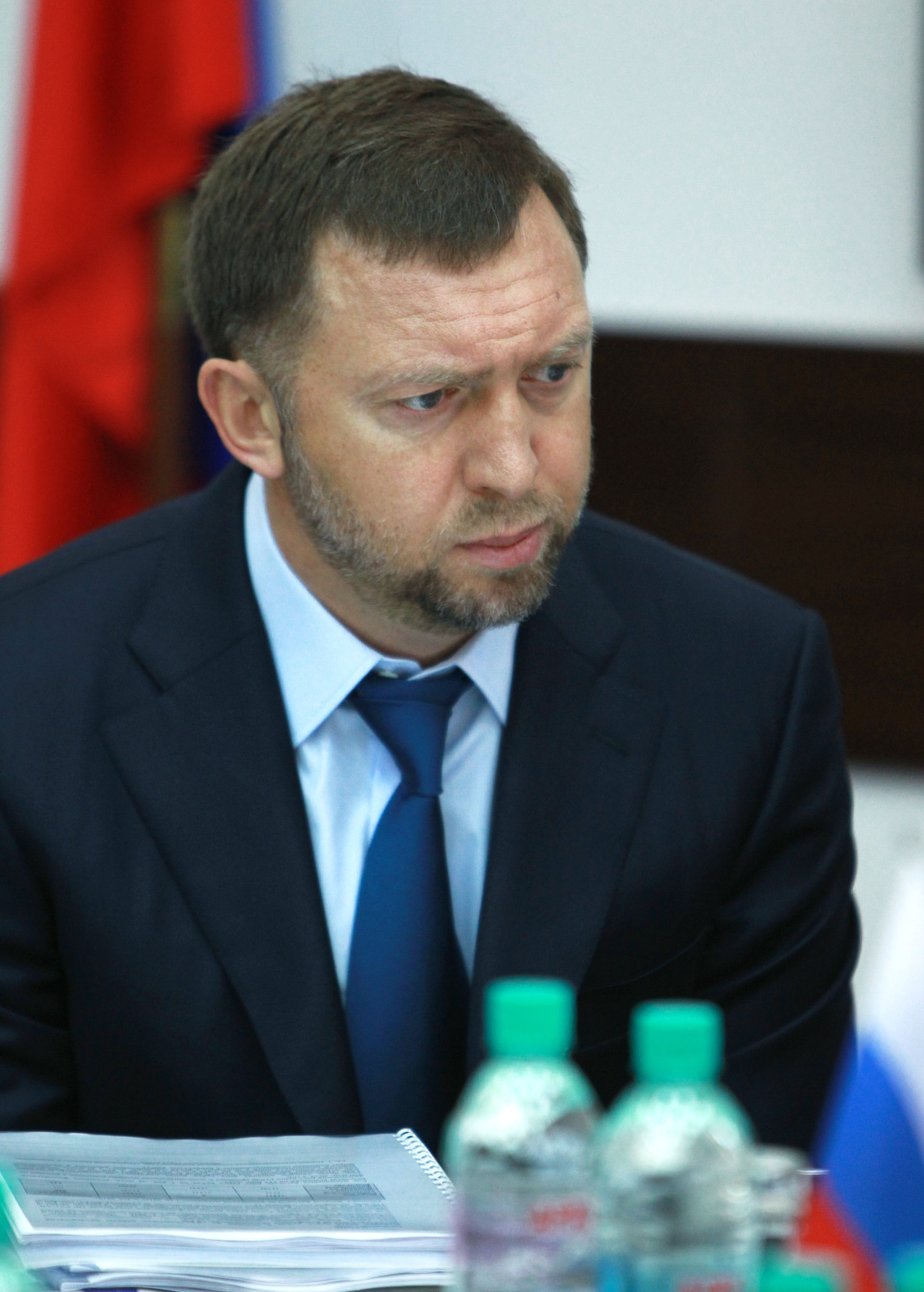LONDON, July 10 - RAPSI. The counsel for businessman Mikhail Cherney, who is suing Russian aluminum giant owner Oleg Deripaska in London's High Court of Justice, have stated the plaintiff's position, claiming that their client was a partner of Deripaska in the aluminum business.
Mark Howard QC, representing Cherney, started with a brief story of their acquaintance and the outset of their business relations in 1993. He promised Judge Andrew Smith new evidence, witnesses and even financial proof of Cherney's investments into the aluminum company and full partnership with Deripaska.
It was a full partnership, he claims, as both businessmen had equal 40-percent stakes in Russian Aluminum, while the two remaining 10-percent stakes were held by two other parties to the case, who are said to have been involved in a "krysha" arrangement (Russian protection racket).
These two other parties are Sergey Popov and Anton Malevsky, who represented the Podolskaya and Izmailovskaya criminal communities in the 1990s.
Deripaska insists that it was merely a case of business protection and has said on many occasions that Cherney was a "criminal type" with whom he had never partnered, neither in the aluminum business, nor in any other. Their cooperation was at all times confined to business protection, indispensible in the mid-1990s.
From the very first, Howard has dubbed the defendant's position as inconsistent and muddled, claiming that their real partnership is proven by a multitude of documents, such as correspondence between Deripaska's employees, bank statements and eventually the 2001 agreements.
Cherney is claiming 20 percent of RUSAL, alleging that he signed an agreement in 2001 on the transfer into a trust management of a block of company shares, the value of which Deripaska was to repay within three to five years.



